RVing is a blast. For this reason, many people never even consider that bad things might happen while they’re staying in their RV. Unfortunately, bad things can happen anytime and anywhere, and in these situations, being prepared is key.
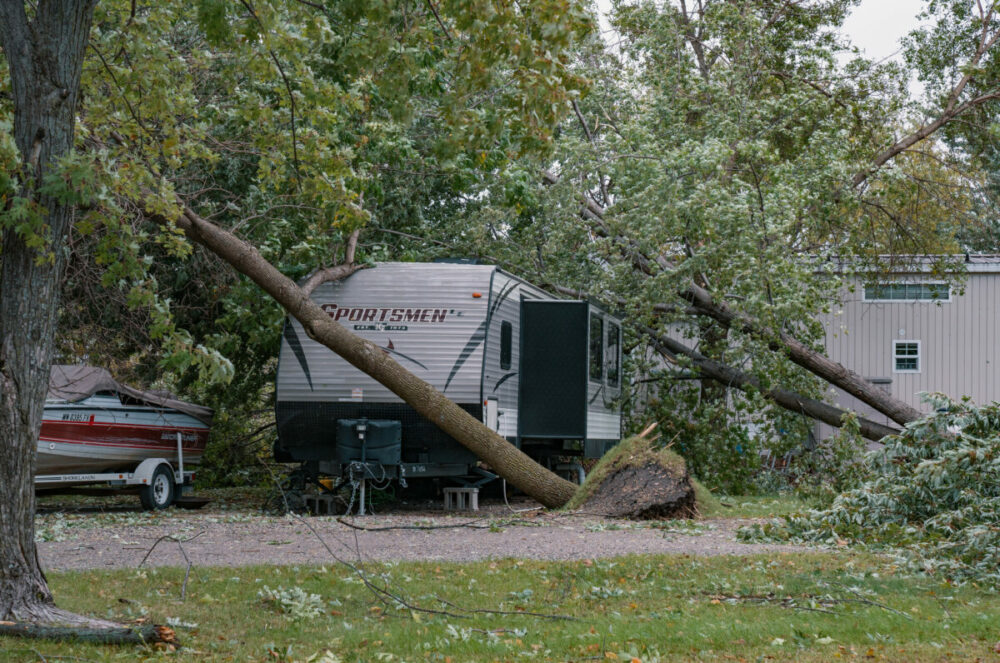
Tony Webster from Minneapolis, Minnesota, United States, CC BY 2.0, via Wikimedia Commons
For this reason, it’s always a good idea to be prepared for emergencies. Below are some tips and tricks for staying prepared no matter where you may roam. Doing these simple things could save your life or the life of a loved one, so they are definitely worth doing even if they do require a small amount of extra effort.
Travel away from bad weather
One big difference between a house and an RV is the fact that the RV moves. This means you can move to avoid big storms coming your way and adjust your travel plans to avoid the areas that typically receive inclement weather during certain times of the year.
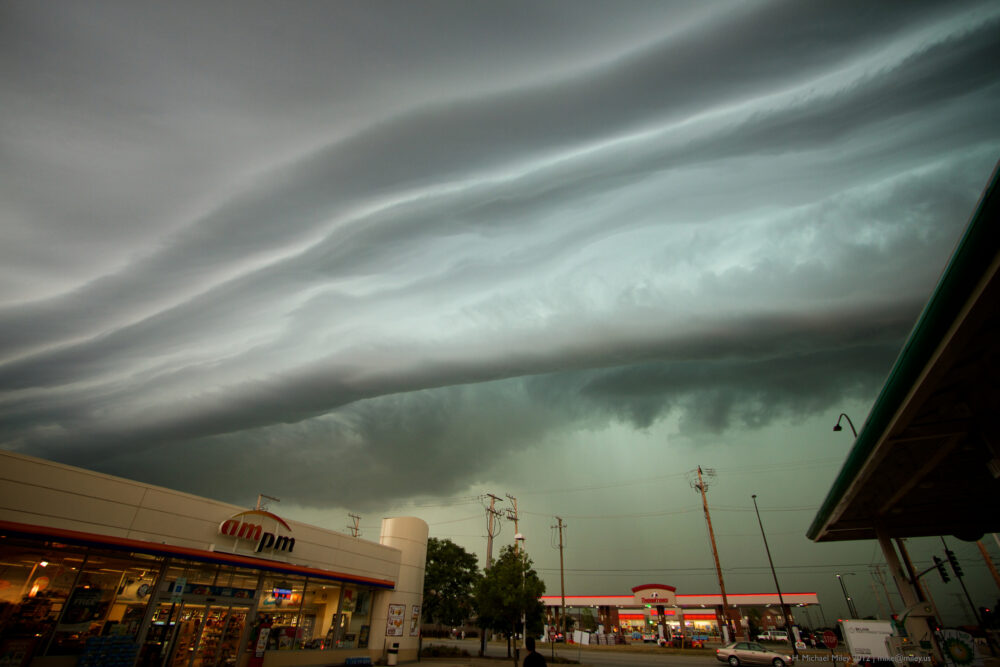
For instance, Oklahoma and Texas should be avoided during the spring thanks to the enormous number of tornadoes and extreme thunderstorms in that area during that time. Meanwhile, hurricane season in Florida is never a good idea.
Invest in good insurance
Obviously, if you do happen to run into bad weather or have some sort of emergency in the RV, the first thing you’re going to do is get your family to a safe place.
That said, leaving your tiny home on wheels is definitely easier when you know beyond a shadow a doubt that your insurance plan is going to cover the damages. Doing your research and investing in a good, solid insurance plan is a must before you ever hit the road.
See also: Here’s What You Need To Know About RV Insurance
Make a Go Bag
The next thing you’ll want to do is create a go-bag. You should have one of these handy in both your house and your RV. A good go-bag contains a bare minimum of:
- Flashlight and extra batteries
- Hand-crank weather radio
- Portable or solar phone charger
- Emergency blanket
- First-Aid Kit
- Protein bars and other non-perishable snacks
- Bottled water and a way to filter water
- Money and credit cards
This bag should be kept in an easy-to-access place where it can be grabbed quickly. The idea is to be able to escape with all of the essentials should a natural disaster require you to leave in a hurry.
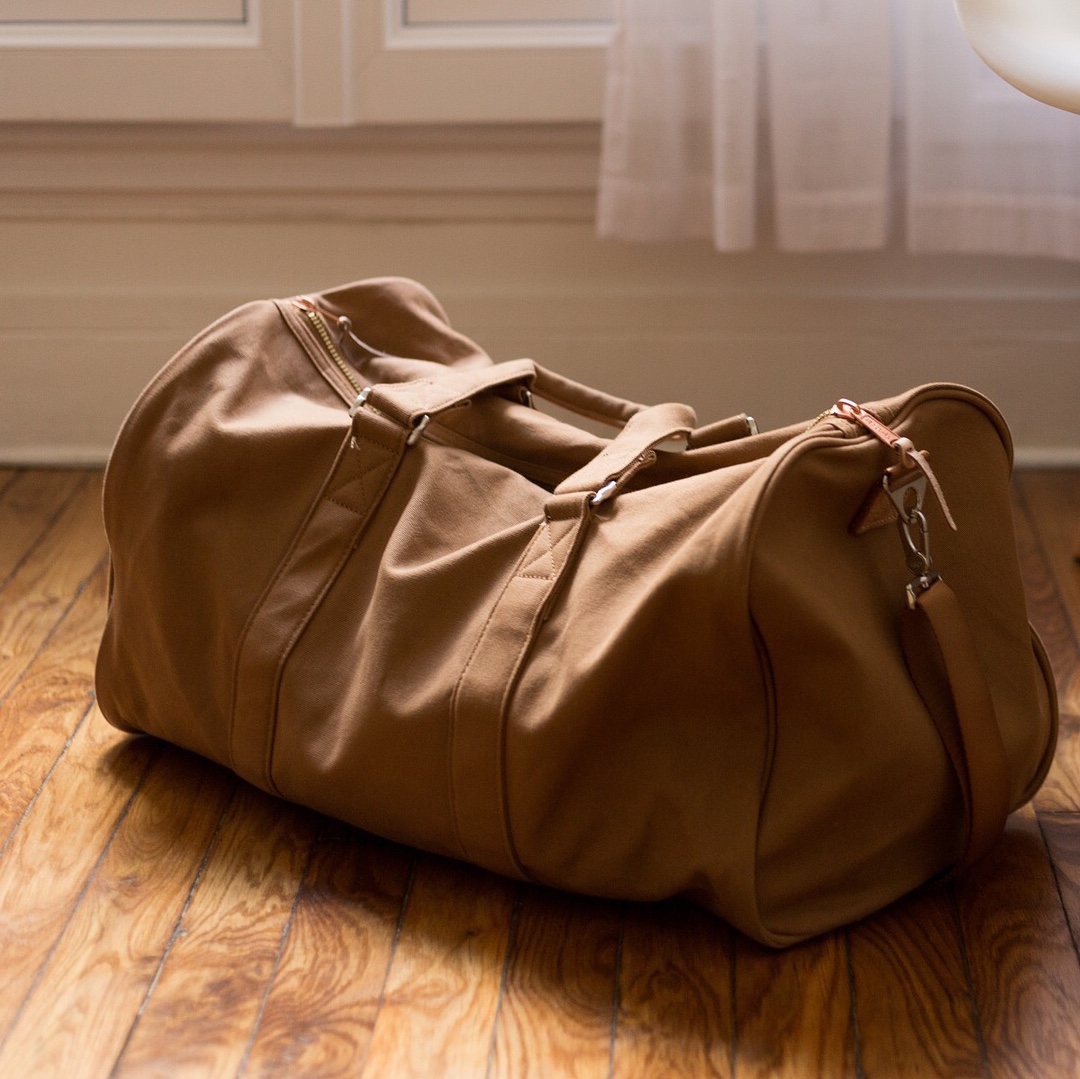
Download weather apps
Because you may not be paying much attention to the TV or radio during your travels, downloading a few weather alert apps on your phone is a must.
Don’t count on just one app to provide all the info you need. Go ahead and make room for several different weather alert services on your phone so you can be sure to have the very most accurate and up-to-date information.
Some of our favorite weather alert apps include the following:
Seek out shelters
When you arrive in a new place, make a point of seeking out the best and nearest emergency shelters in or near the campground. In many RV parks, your best bet is to head to a bathhouse and huddle down away from windows and doors.
However, communities that experience a lot of bad weather may have designated safe places for you and your family to go.
Install and test alarms and fire extinguishers
A carbon monoxide detector and fire alarm are must-have items in an RV. Make sure you have one of each installed in your rig and test both alarms before each trip in order to ensure they’re still in working order. After all, these alarms will alert you of some of the biggest dangers to RVers.
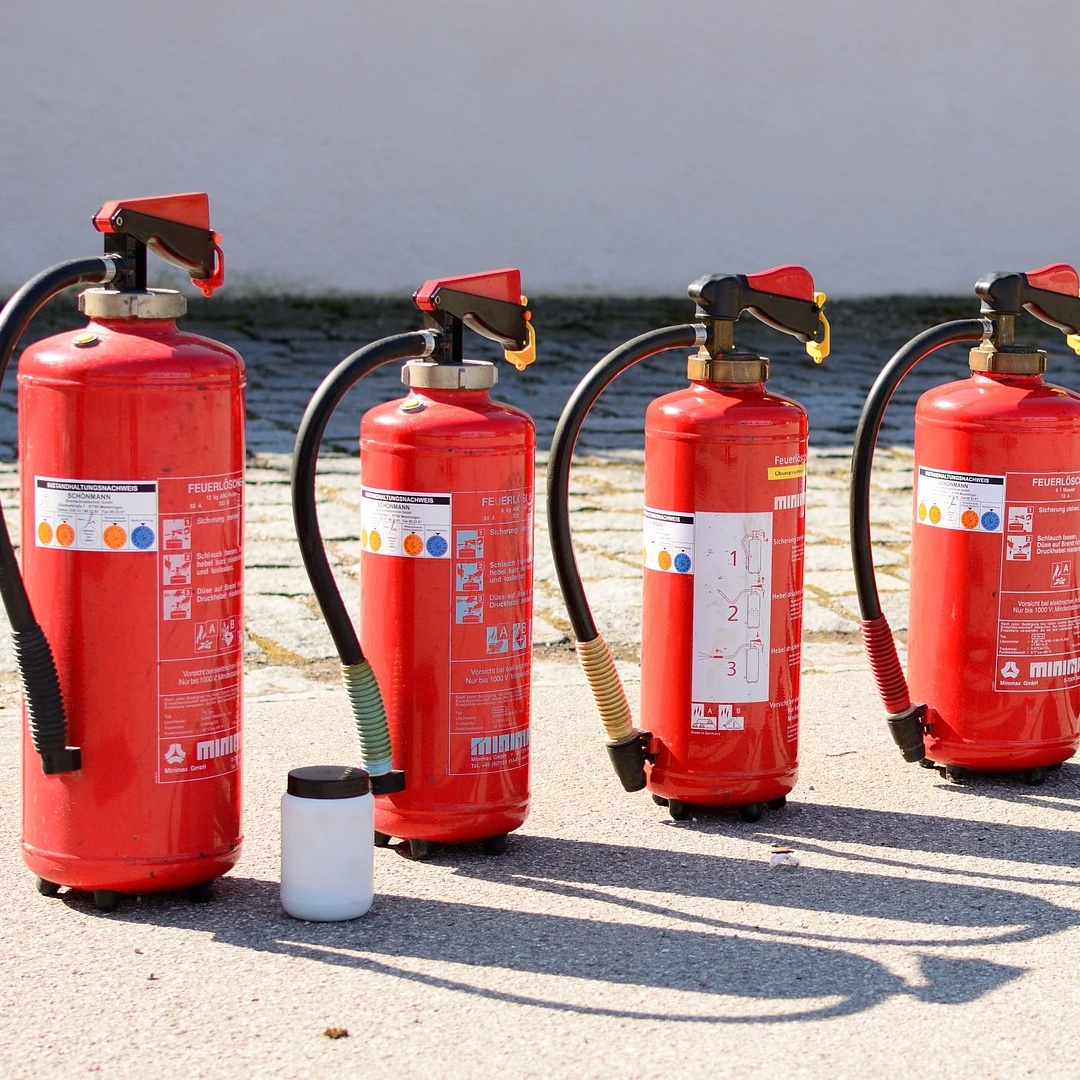
Additionally, you’ll want to keep fire extinguishers in a few different locations so there is always one close at hand.
Have a fire plan
If your motorhome or trailer should catch fire, it’s important that everyone leaves the rig immediately. Because RVs include so many propane appliances, a fire will turn your tiny home into a ticking time bomb just waiting to explode.
For this reason, making a solid fire plan and even practicing the plan several times is definitely a good idea. During this process, make sure everyone in your family knows where all fire escapes and fire extinguishers are.
Be aware of flooding potential
Many campgrounds are near bodies of water. If you’re parked near water, ask the park staff if the area has a history of flooding and keep their answer in mind.
Additionally, if it begins raining hard, be sure to keep an eye on the water and move your rig if it seems to be rising quickly. Of course, if it isn’t possible to move the RV fast enough, you will want to get your family out and find higher ground as quickly as you can.
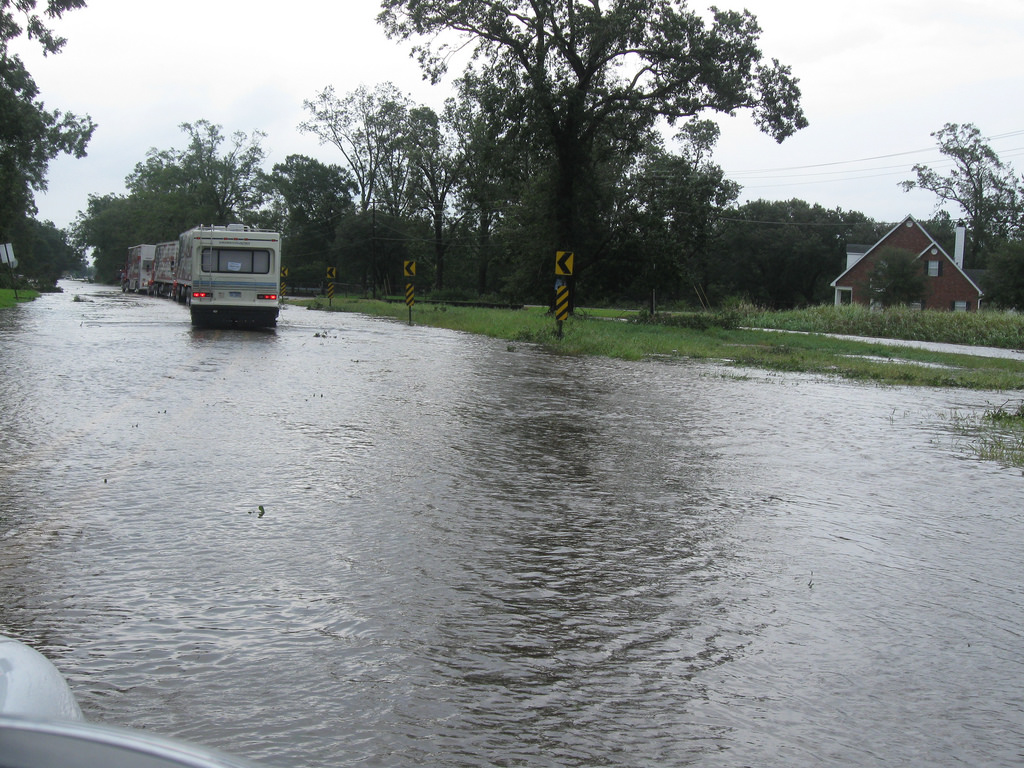
By making plans and being weather-aware, you will be able to ensure you and your family are safe during all your RV adventures. Obviously, safe is better than sorry, so why not start making safety preparations now before it’s time for your next camping getaway?

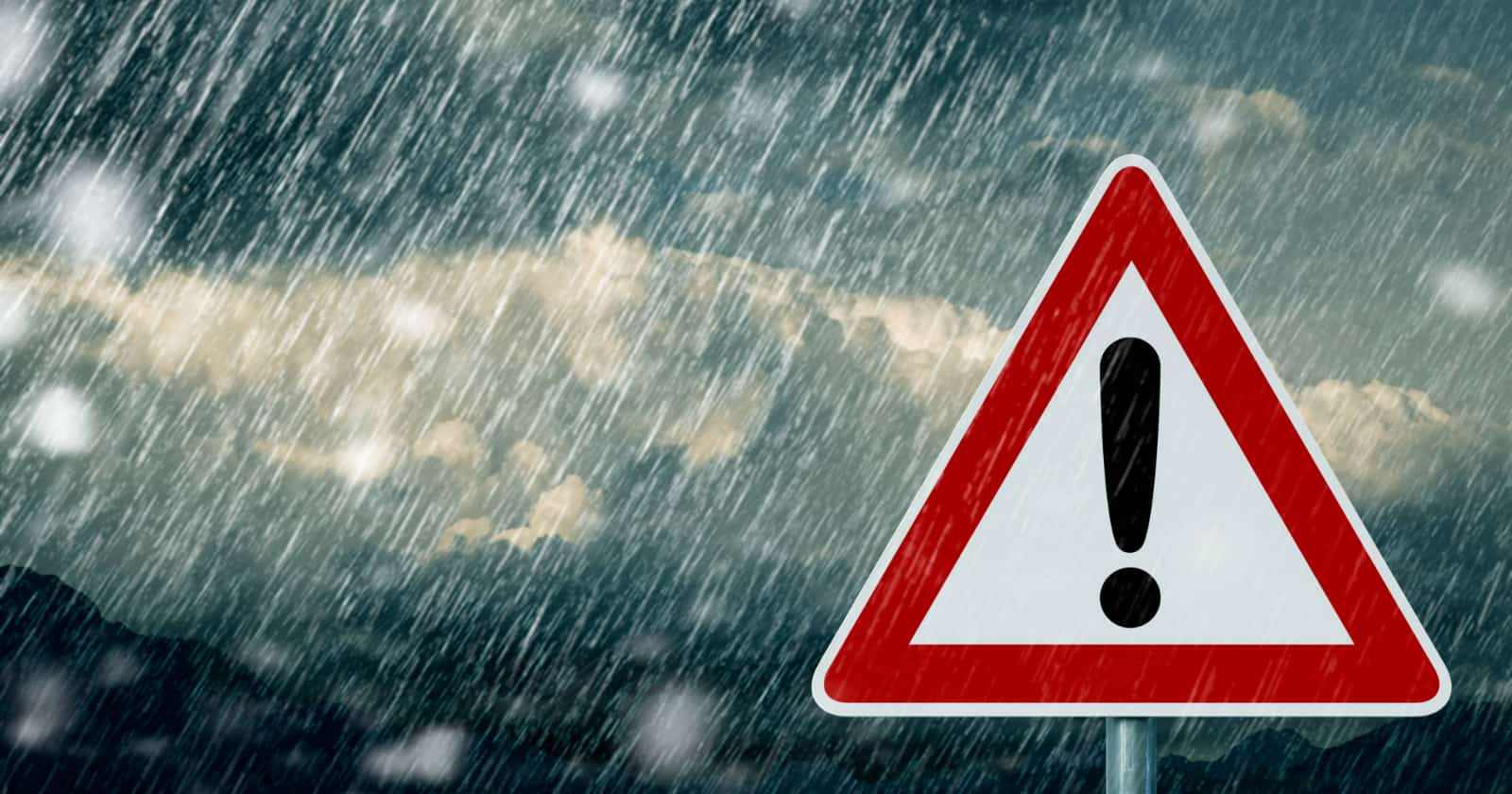
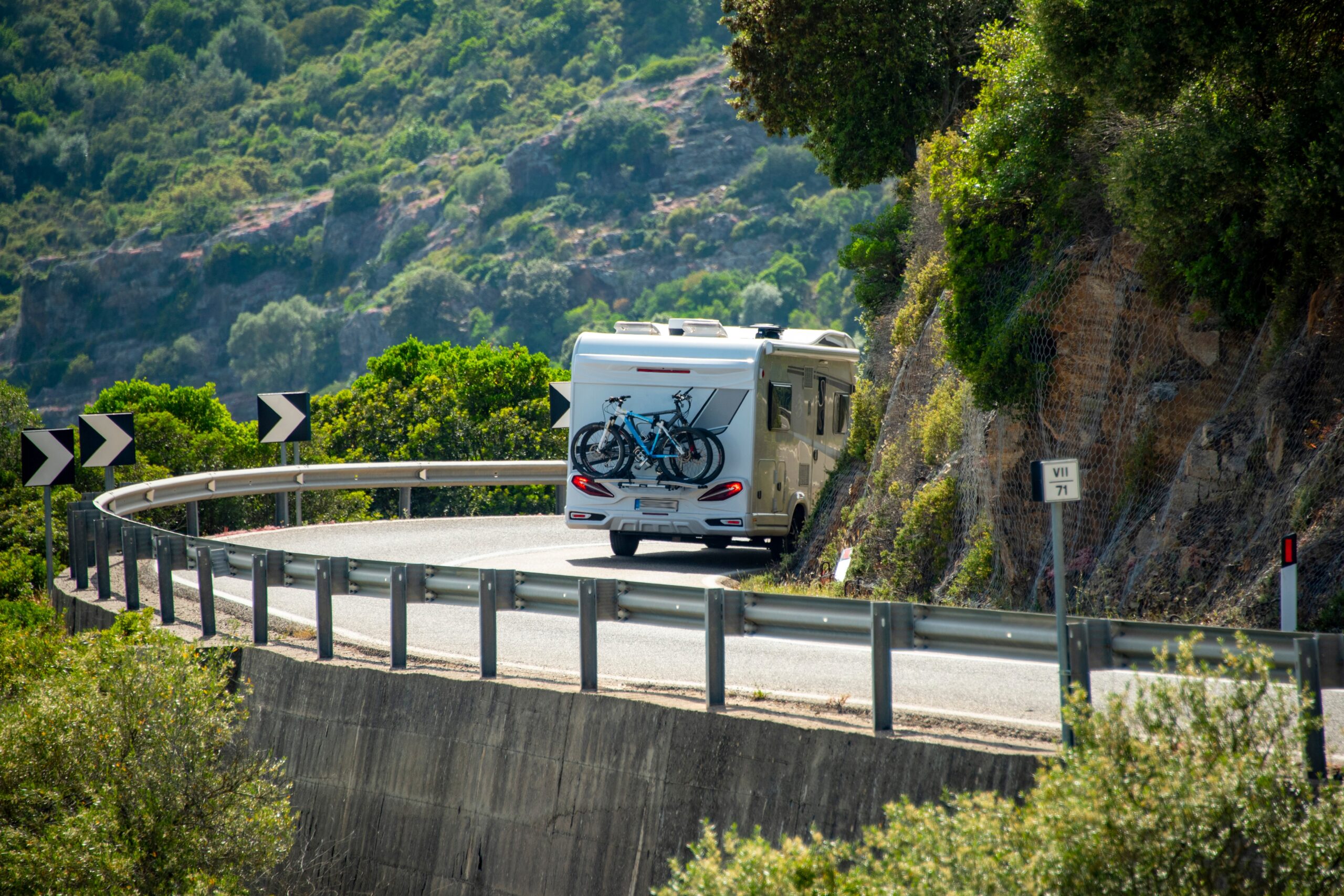
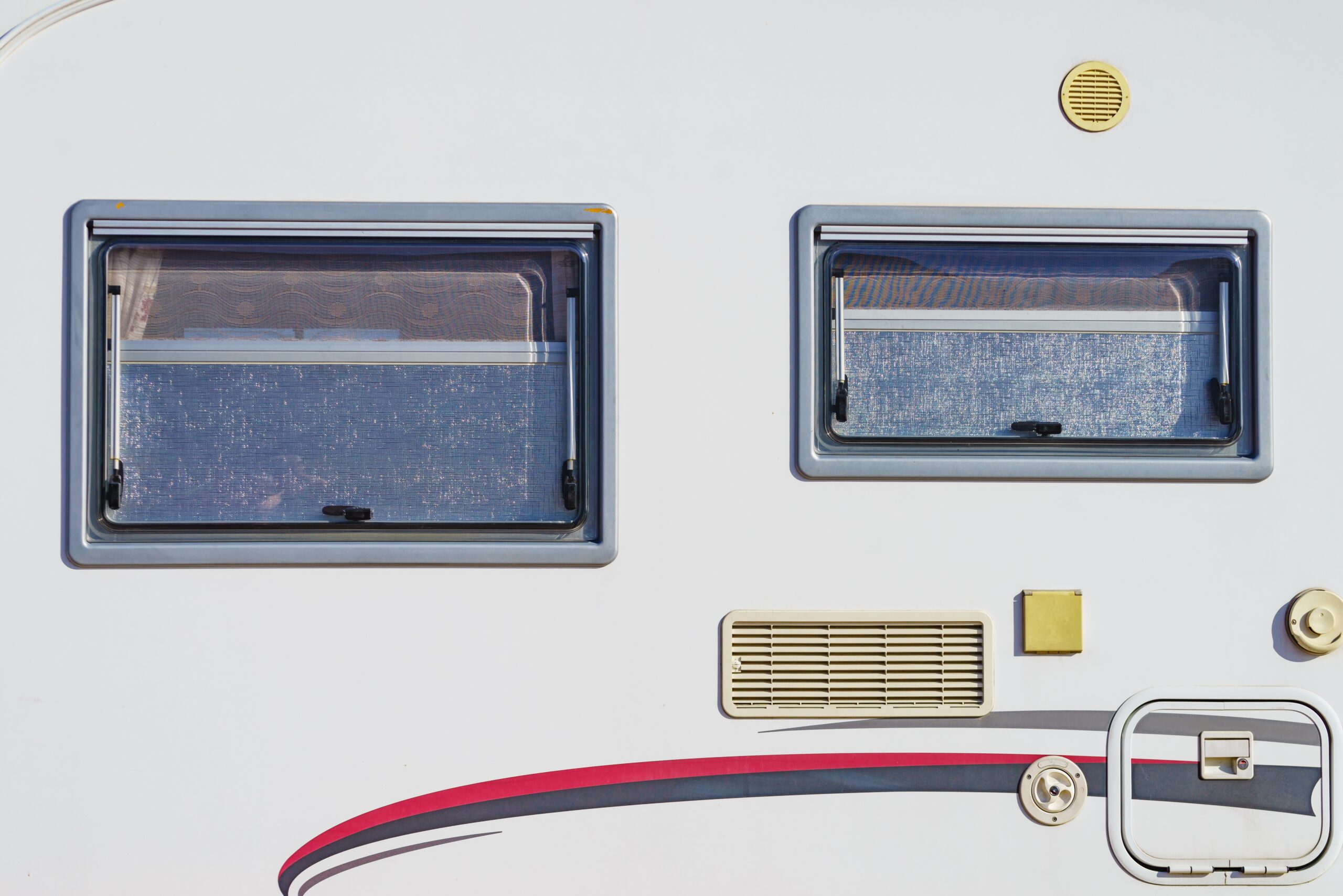
Propane tanks have a relief valves that vent in case of fire and will not explode under normal fire conditions the same with cars on fire r.e. Hollywood. However since it is venting a flammable gas a jet of fire will be present while venting. One thing people don’t think about in some campgrounds where you are very close to the next RV is being able to pull out quickly. most campgrounds are in rural areas which means Volunteer Fire Departments you have a longer response time and because we like our CG’s remote this leads to a longer response time. Having a rapid evacuation plan is important being able to break down and move out of harms way to protect your investment and your home away from home. And practice it until you are good. don’t wait until the RV next to you is a raging inferno. Thanks
Since you re RV camping, you likely already have some canned goods and other food items with you, but keep a small stash on hand that s specifically for emergencies. And don t forget your can opener!